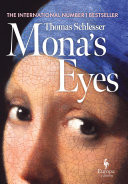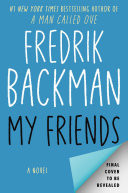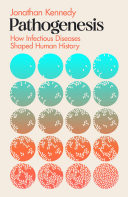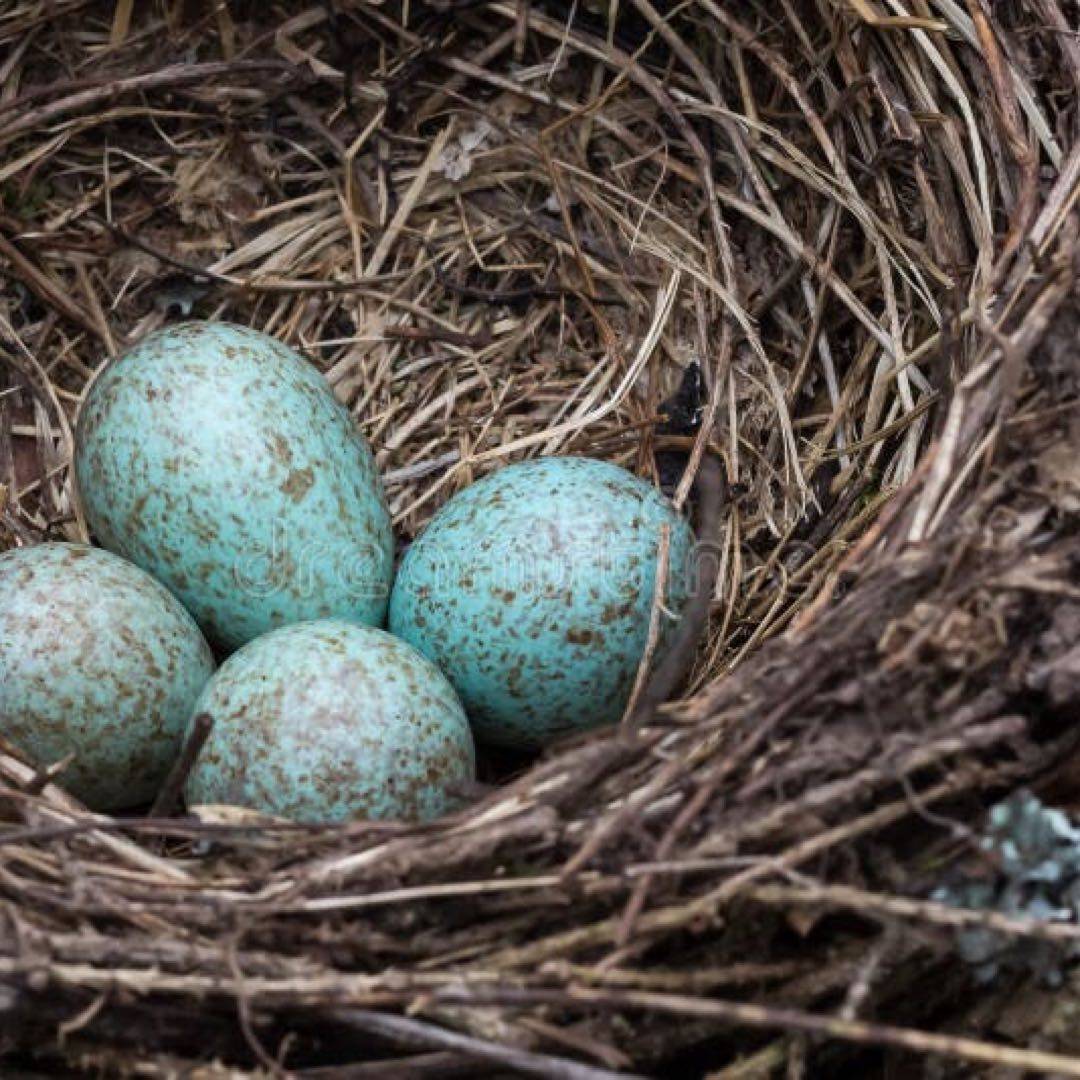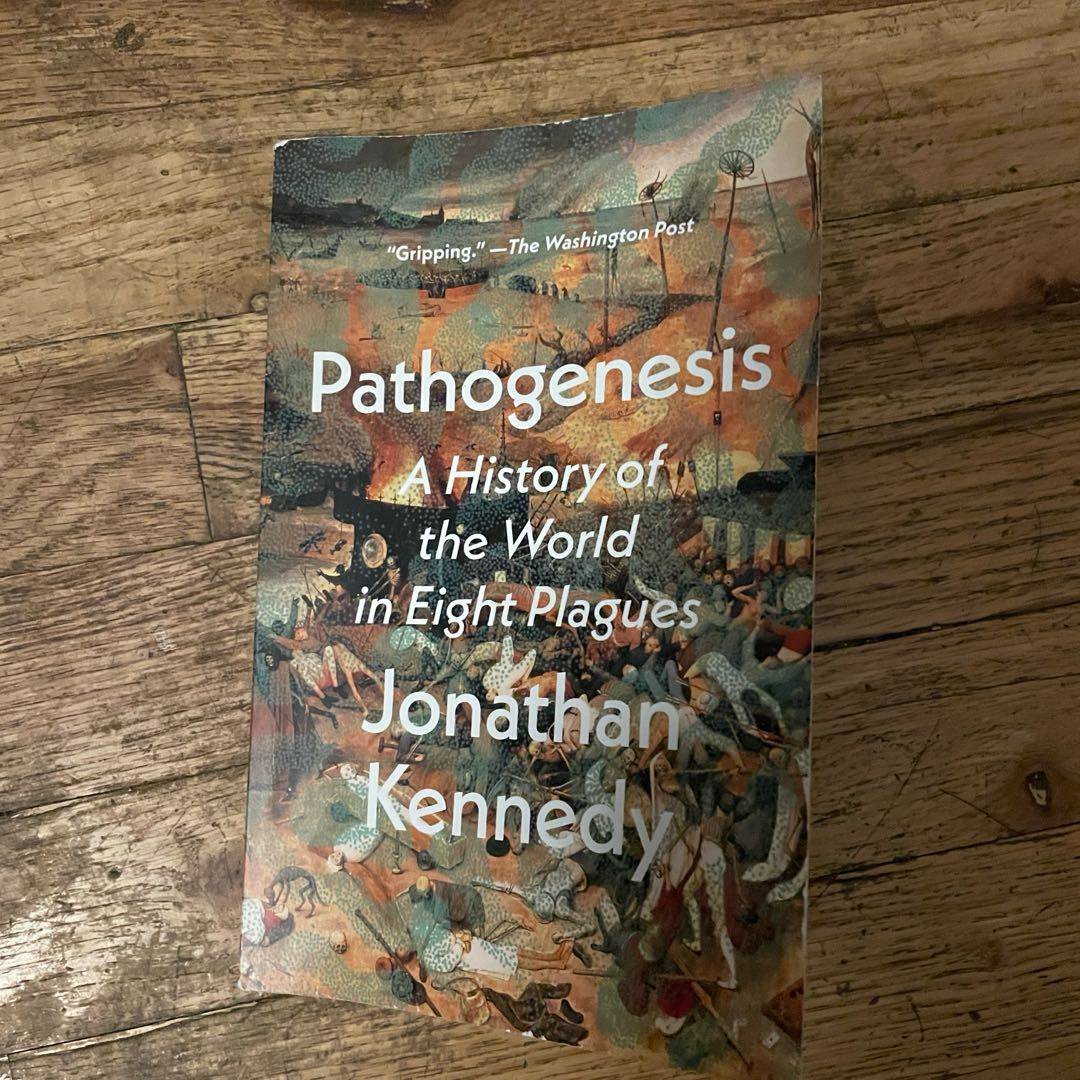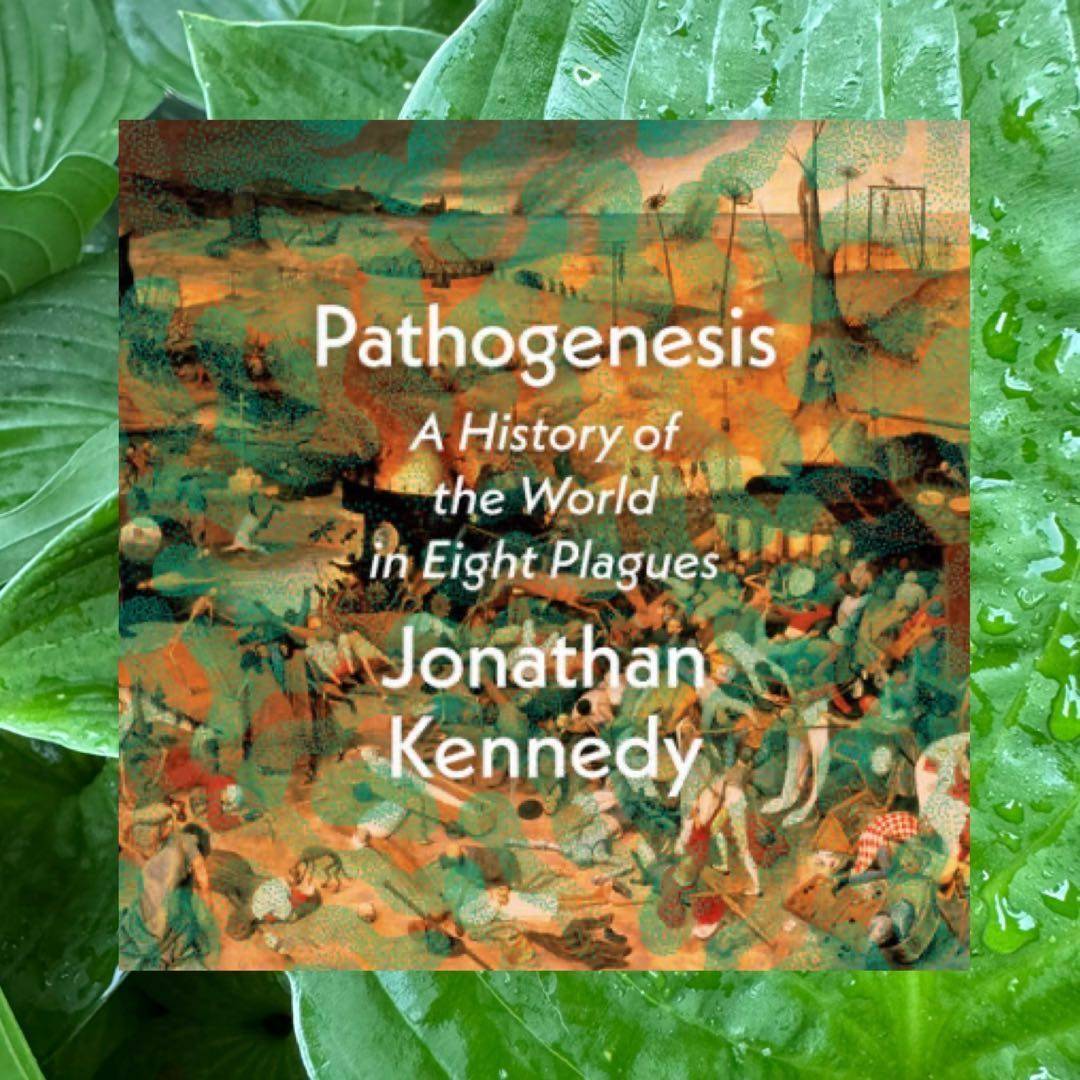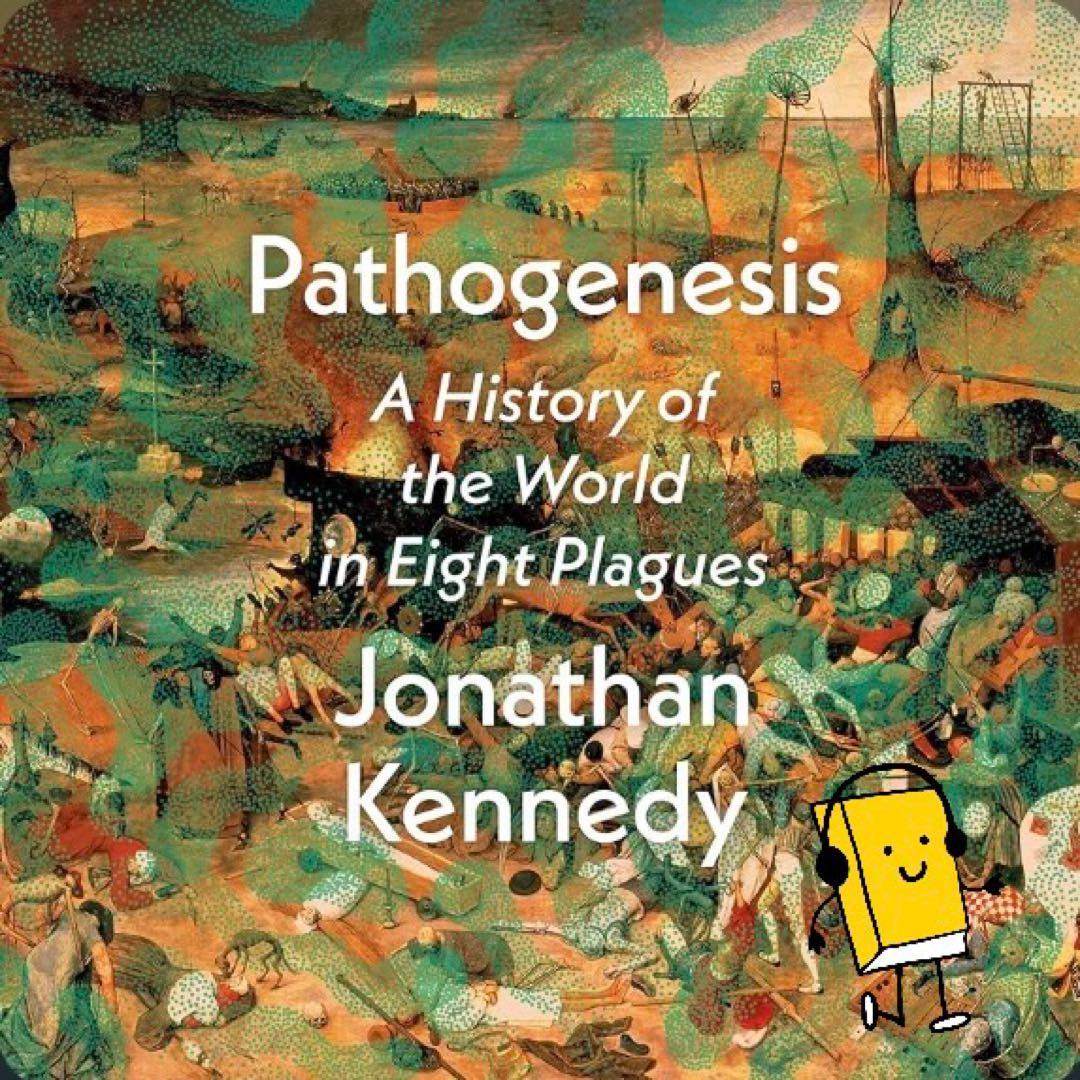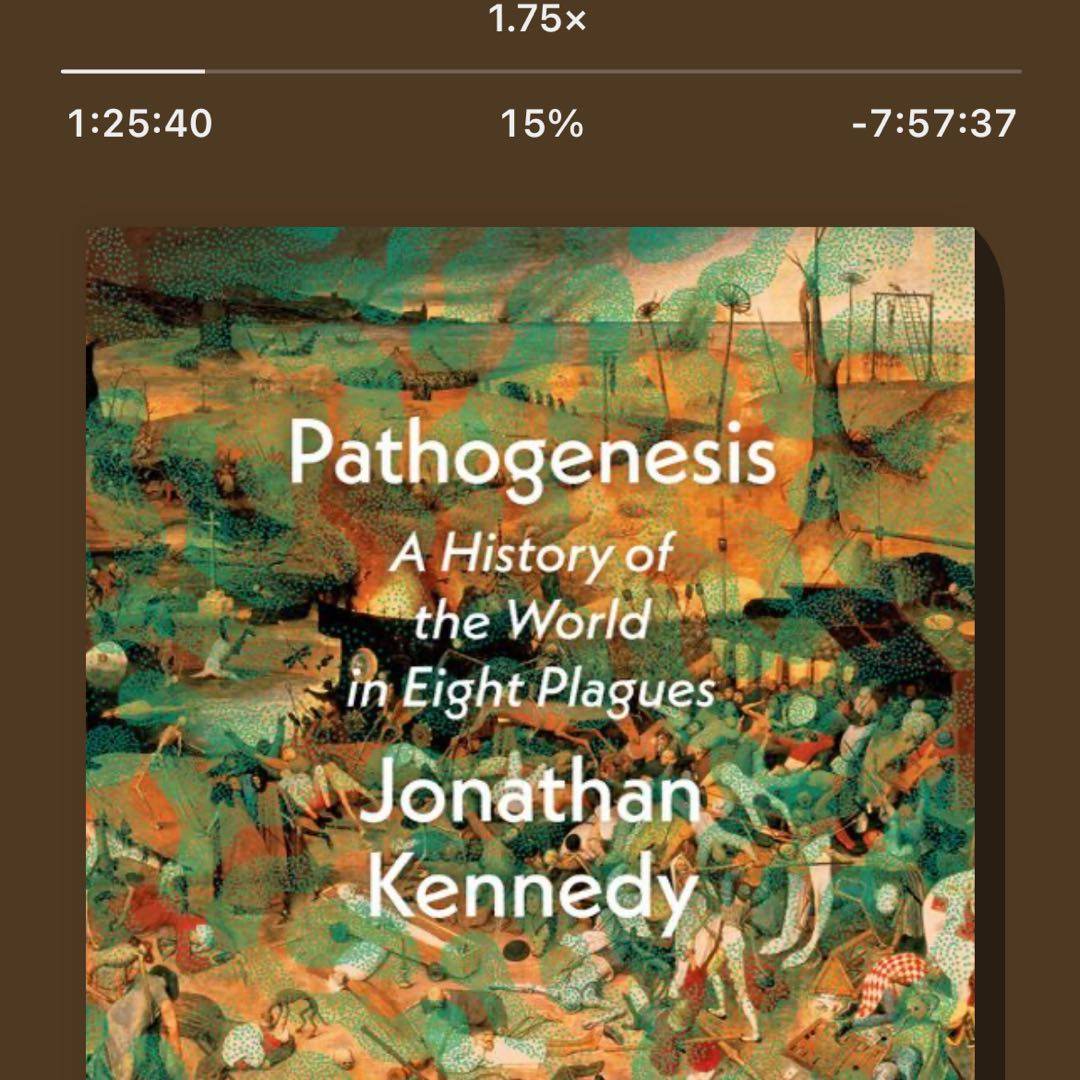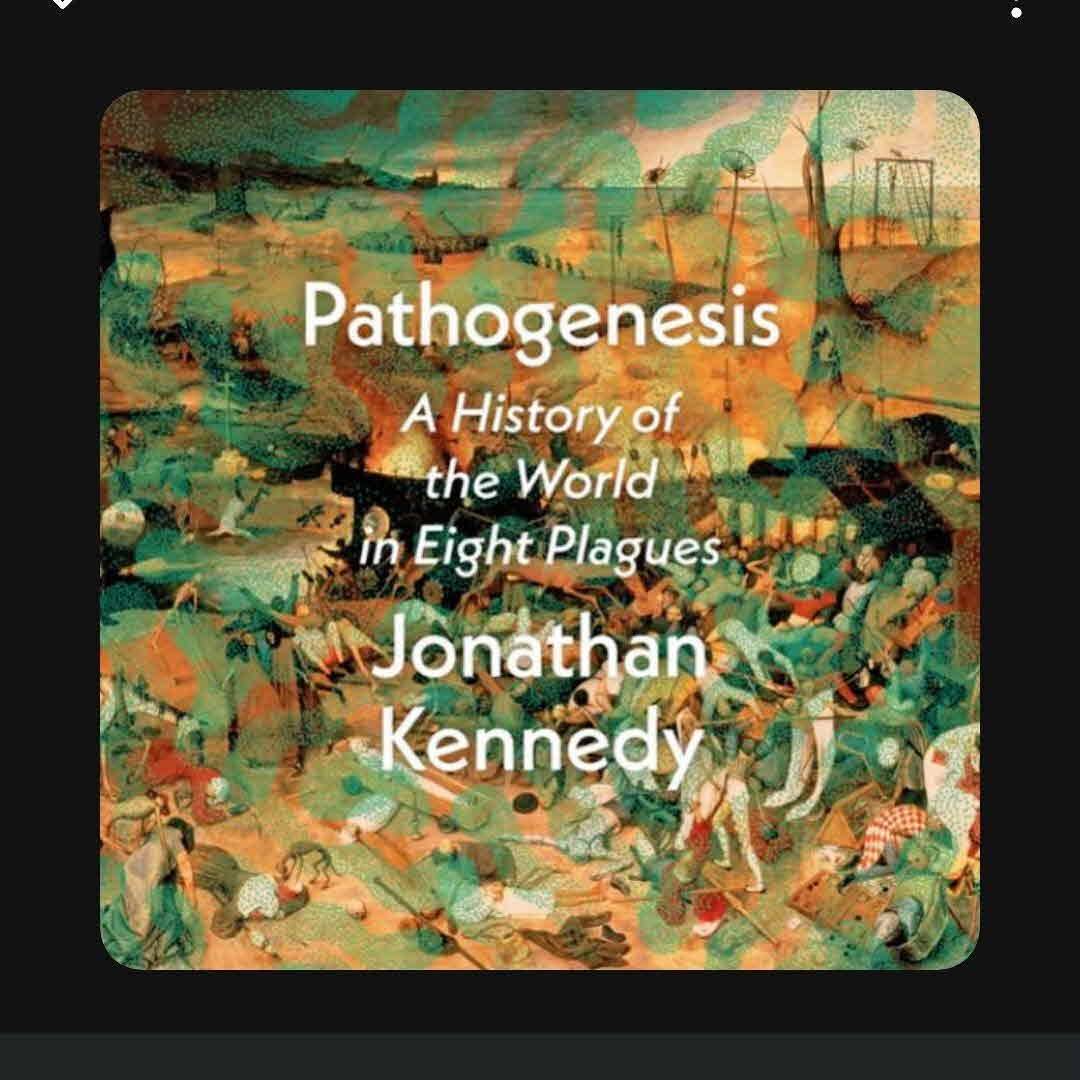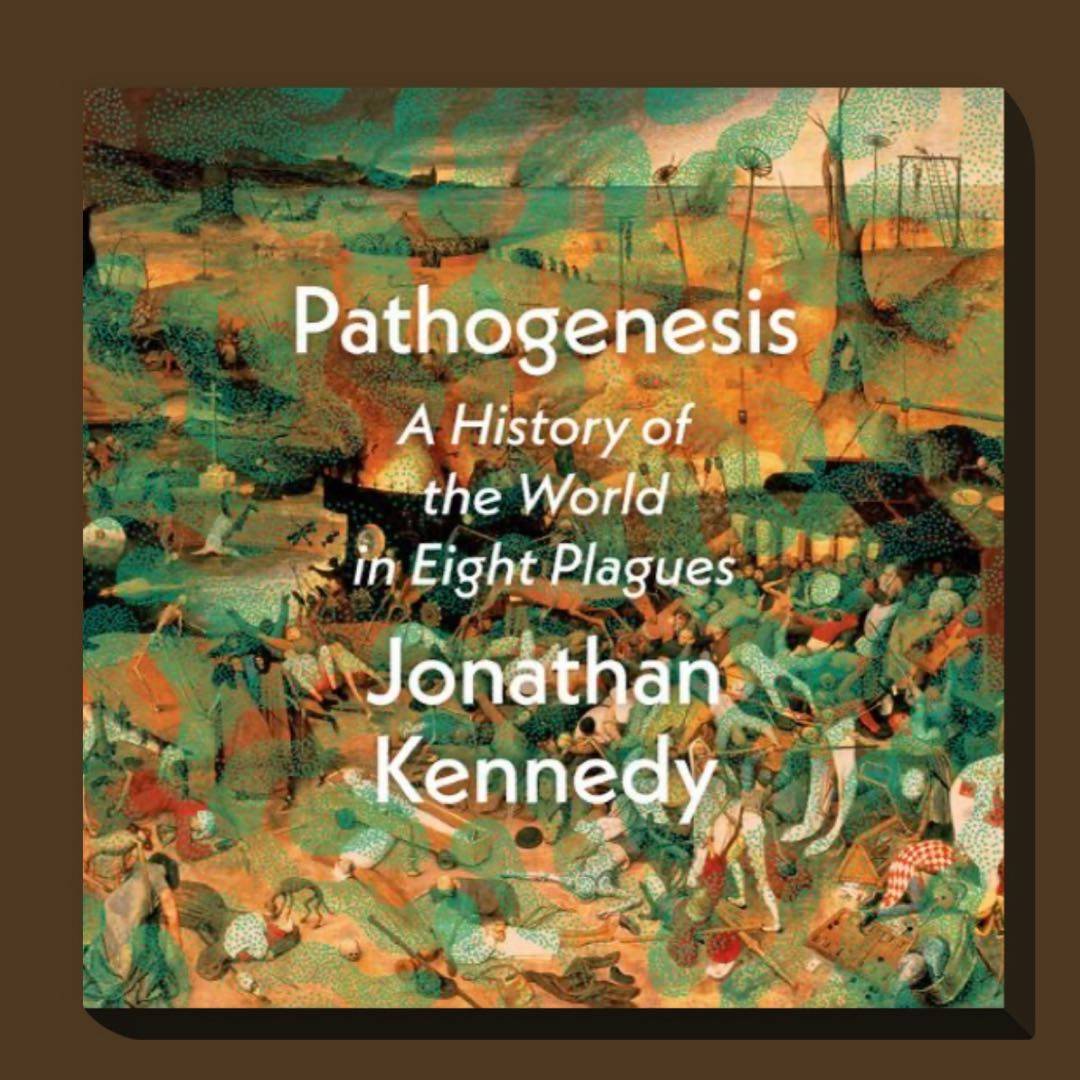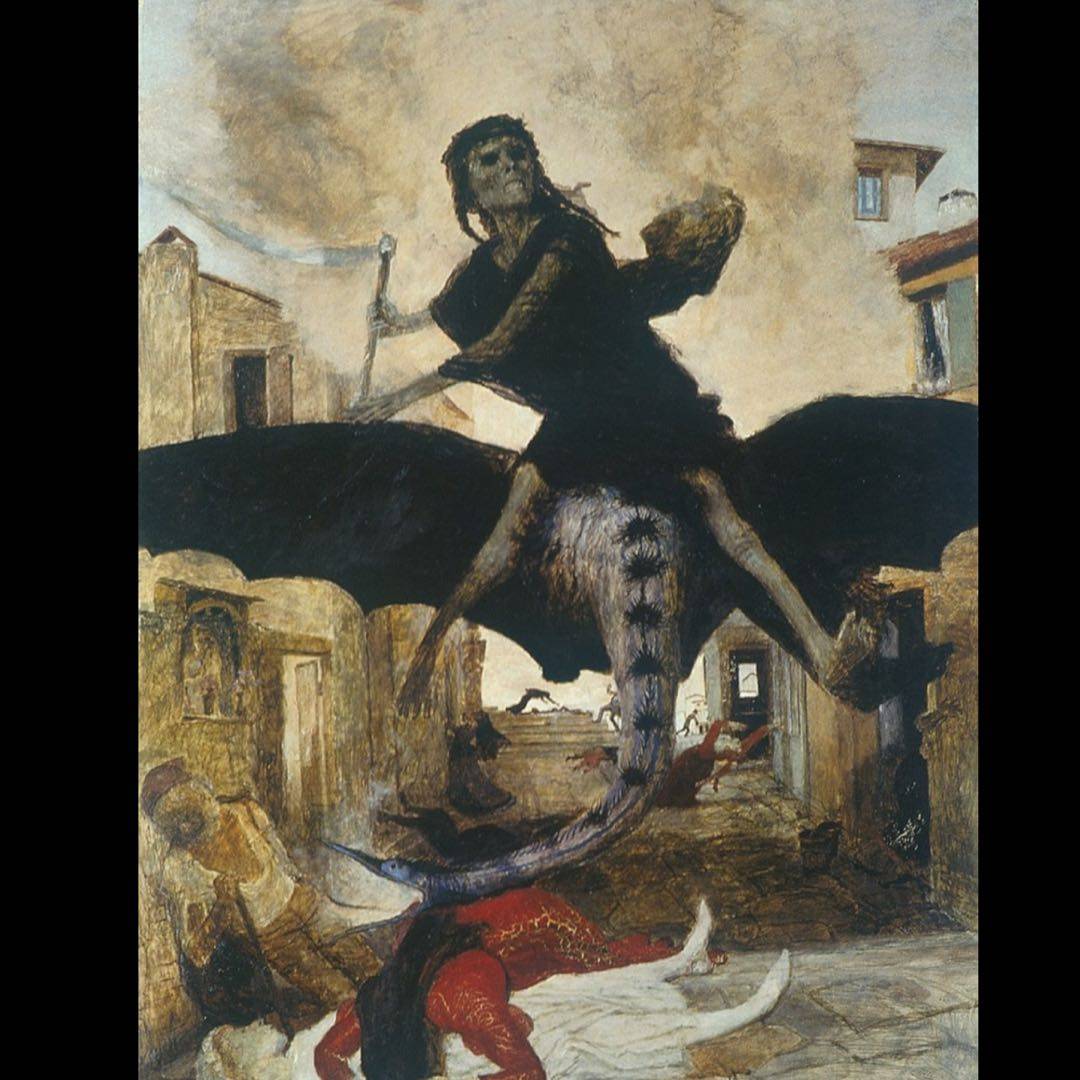
This is a fascinating book. It isn‘t about specific types of pathogens, but rather it is about how pathogens drive and shape humanity. Pathogens and humans continue to evolve, as history shows us; we seem to take turns in who dominates. From our earliest stages of evolution, through classical Greece and Rome, the Middle Ages, & Colonial days until now—pathogens continue to define and shape us. There is a lot we can learn from our experiences⬇️








